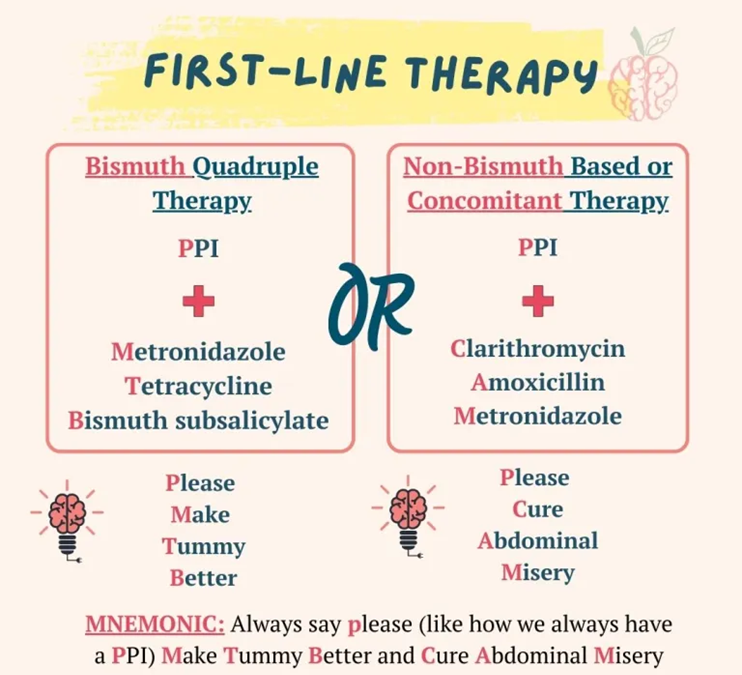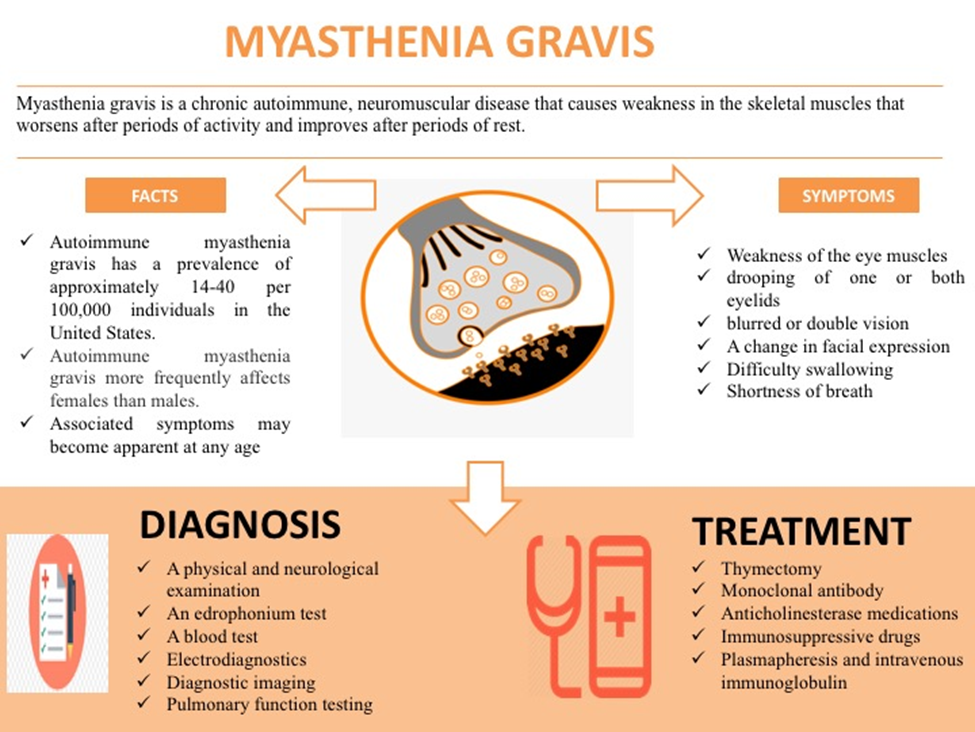The nurse is caring for an older adult who is receiving diphenoxylate with atropine to treat severe diarrhea. The nurse will monitor this patient closely for which effect?
Bradycardia
Fluid retention
Nervousness and tremors
Respiratory depression
The Correct Answer is D
A. Bradycardia
Bradycardia is not a common side effect of diphenoxylate with atropine. Atropine, which is included in the combination, has anticholinergic effects that can lead to an increased heart rate (tachycardia), not bradycardia.
B. Fluid retention
Fluid retention is not a common side effect of diphenoxylate with atropine. In fact, the medication is used to treat severe diarrhea, and the goal is to decrease fluid loss associated with diarrhea rather than causing fluid retention.
C. Nervousness and tremors
Nervousness and tremors are not common side effects of diphenoxylate with atropine. Atropine's anticholinergic effects may cause nervousness, but these effects are generally not prominent at therapeutic doses.
D. Respiratory depression
This is the correct choice. Respiratory depression is a potential side effect of diphenoxylate with atropine, particularly if the medication is misused or taken in excessive amounts. Atropine is included in the combination to discourage misuse, as it can cause unpleasant anticholinergic effects.
Nursing Test Bank
Naxlex Comprehensive Predictor Exams
Related Questions
Correct Answer is C
Explanation
A. Antacids and narcotics.
Antacids can provide temporary relief of symptoms, but they do not treat the underlying H. pylori infection. Narcotics are not typically used as a standard treatment for peptic ulcer disease related to H. pylori.
B. Pepsin inhibitors and antiemetics.
Pepsin inhibitors and antiemetics may address symptoms but do not target the H. pylori infection directly. The standard treatment involves antibiotics to eradicate the bacteria and proton pump inhibitors to reduce acid production.
C. Proton pump inhibitors and antibiotics.
A positive breath test for H. pylori indicates the presence of Helicobacter pylori bacteria, which is associated with peptic ulcer disease. The standard treatment for H. pylori infection involves a combination of proton pump inhibitors (to reduce stomach acid production) and antibiotics (to eradicate the bacteria).
D. Emetic agents and tranquilizers.
Emetic agents are used to induce vomiting and are not indicated for the treatment of H. pylori infection. Tranquilizers are not part of the standard treatment for peptic ulcer disease associated with H. pylori.

Correct Answer is C
Explanation
A. Parkinson's disease
Edrophonium is not used for the diagnosis of Parkinson's disease. Parkinson's disease is a neurodegenerative disorder characterized by motor symptoms such as tremors, rigidity, and bradykinesia. The diagnosis is typically based on clinical symptoms and neurological examination.
B. Alzheimer's disease
Edrophonium is not used for the diagnosis of Alzheimer's disease. Alzheimer's disease is a progressive neurodegenerative disorder affecting cognition. The diagnosis involves clinical evaluation, cognitive assessments, and sometimes imaging studies, but not the use of edrophonium.
C. Myasthenia Gravis
This is the correct choice. Edrophonium is used as a diagnostic tool in Myasthenia Gravis. In individuals with Myasthenia Gravis, the administration of edrophonium can lead to a temporary improvement in muscle strength, helping to confirm the diagnosis.
D. Serotonin Syndrome
Edrophonium is not used for the diagnosis of serotonin syndrome. Serotonin syndrome is a condition caused by an excess of serotonin, often due to the use of certain medications. Diagnosis is based on clinical symptoms and a history of serotonin-affecting medications, not the administration of edrophonium.

Whether you are a student looking to ace your exams or a practicing nurse seeking to enhance your expertise , our nursing education contents will empower you with the confidence and competence to make a difference in the lives of patients and become a respected leader in the healthcare field.
Visit Naxlex, invest in your future and unlock endless possibilities with our unparalleled nursing education contents today
Report Wrong Answer on the Current Question
Do you disagree with the answer? If yes, what is your expected answer? Explain.
Kindly be descriptive with the issue you are facing.
